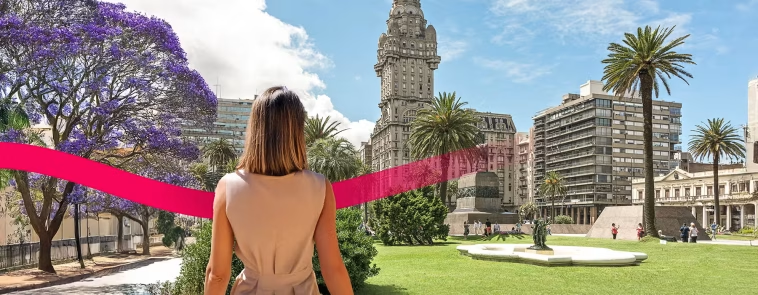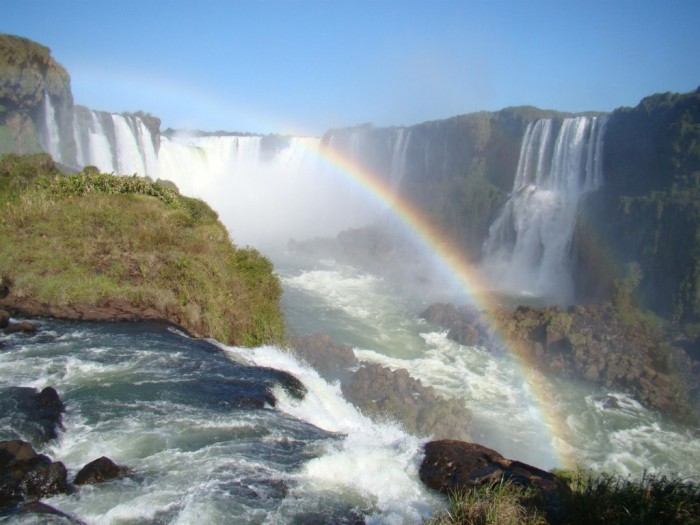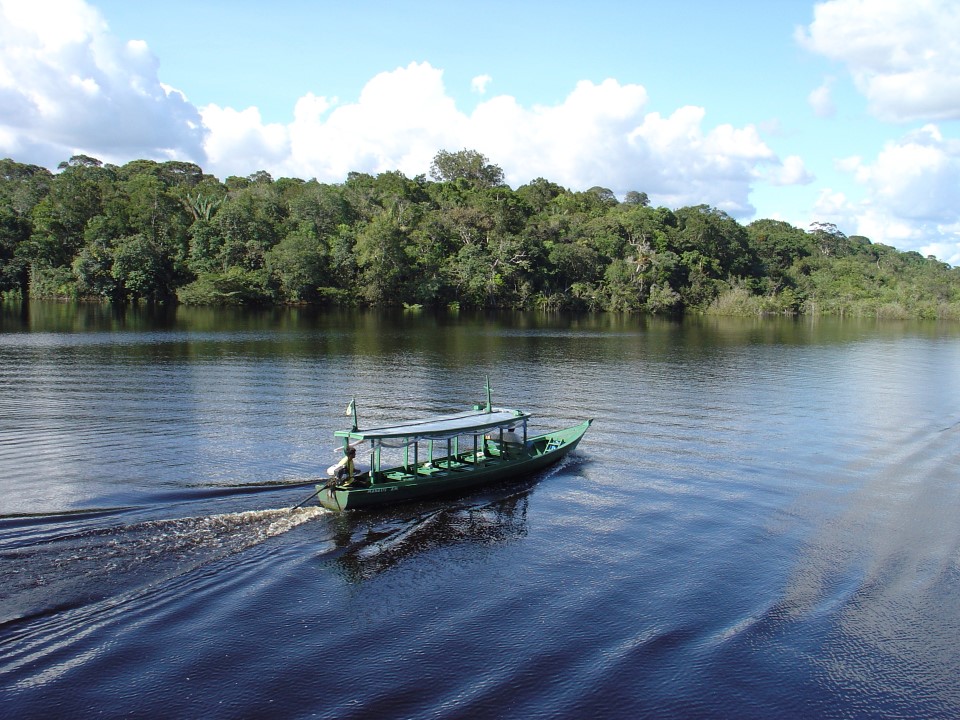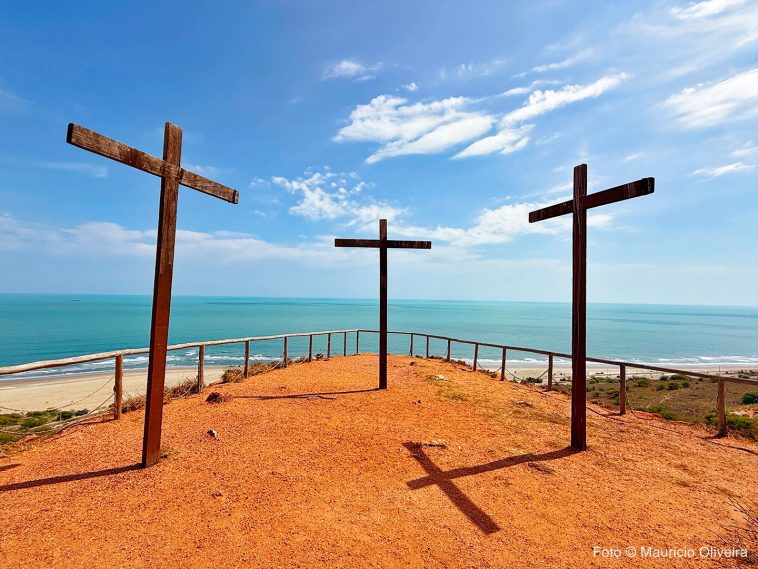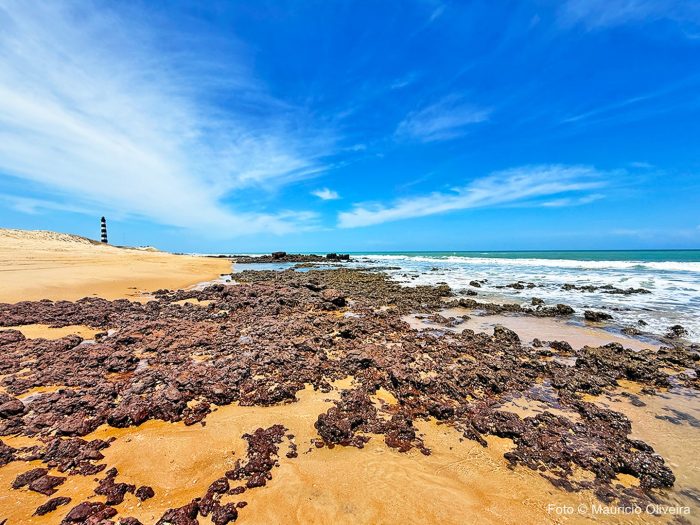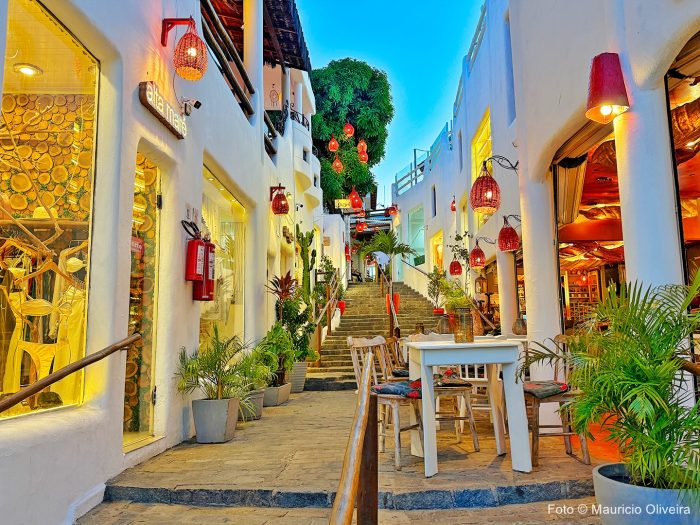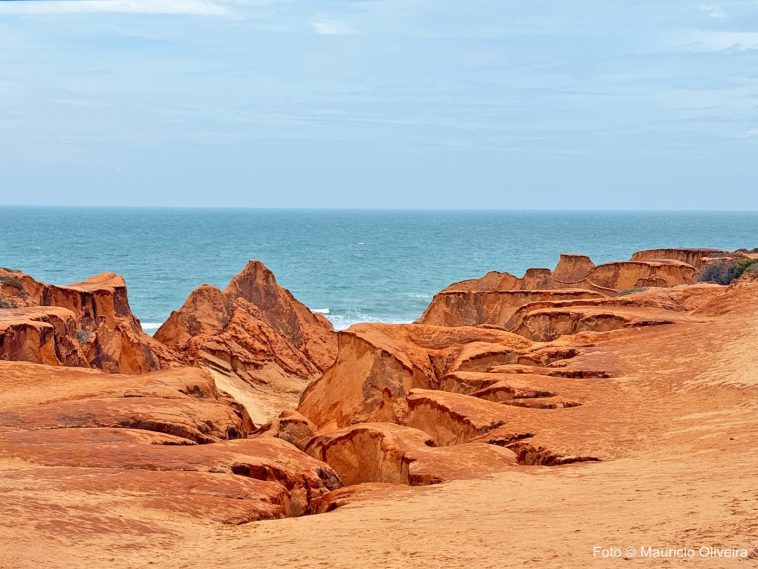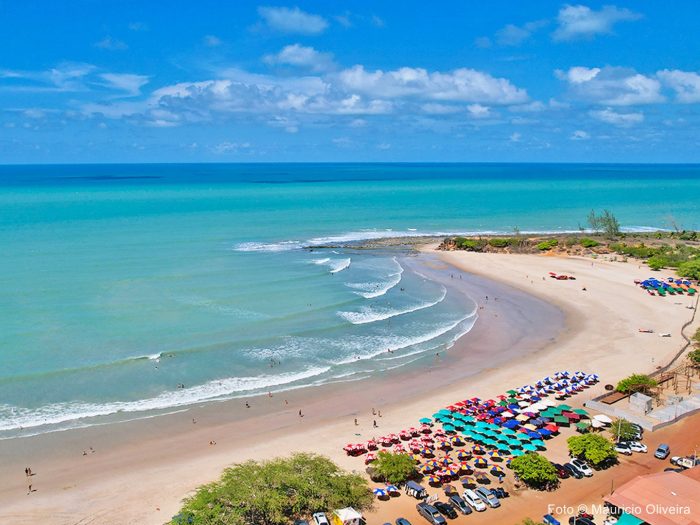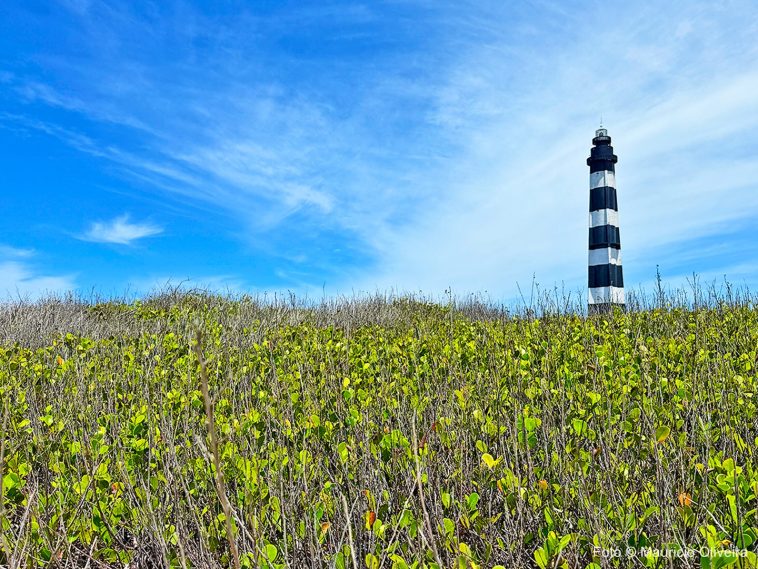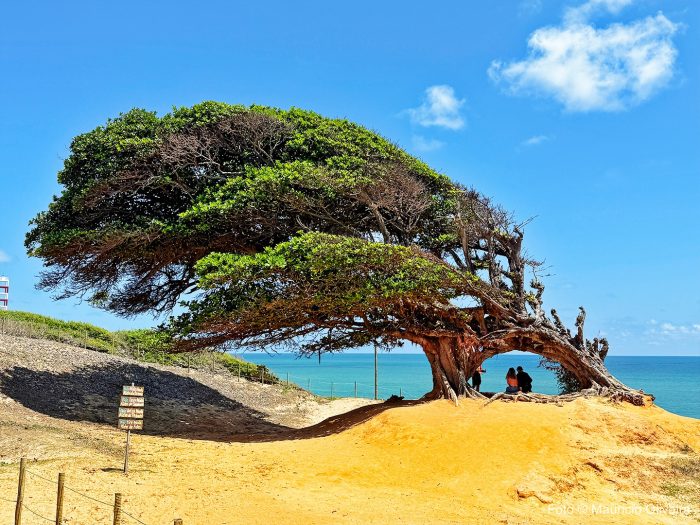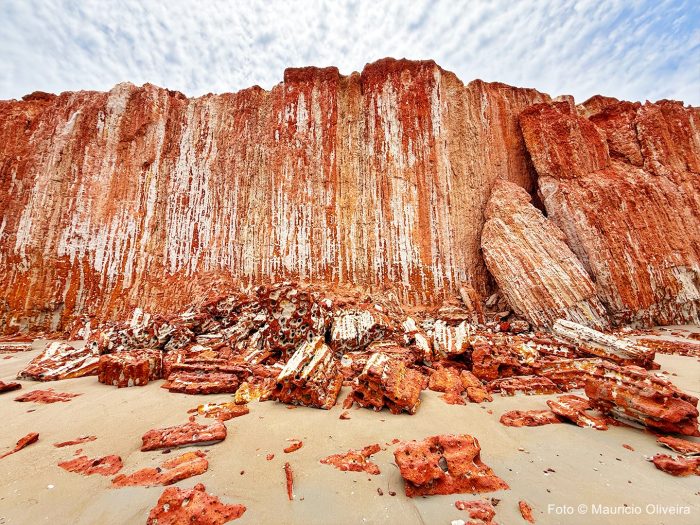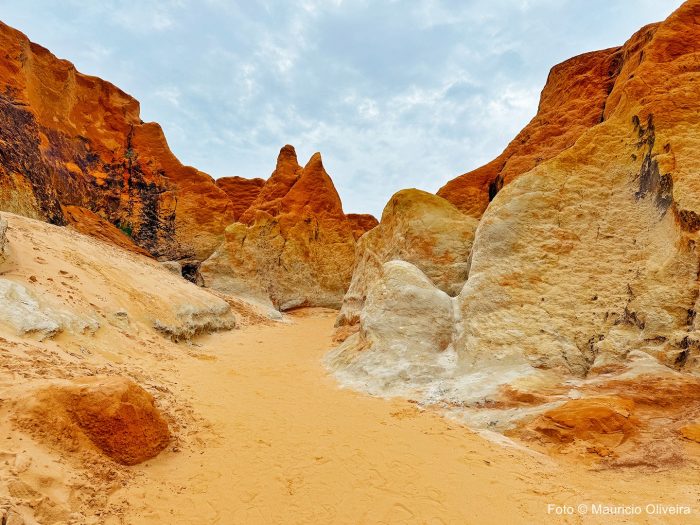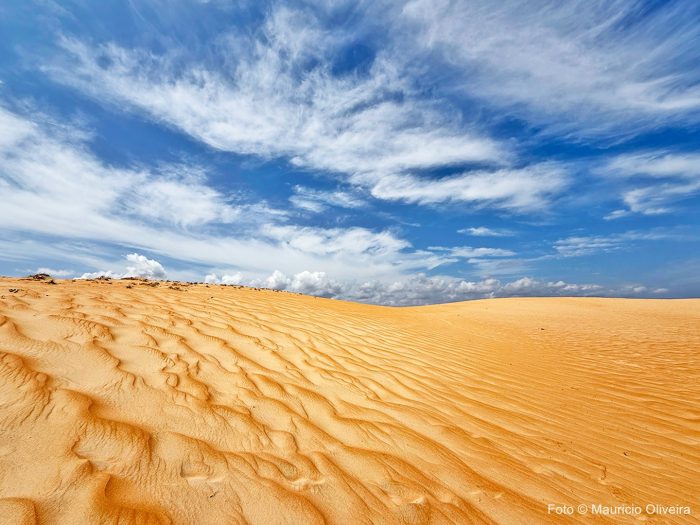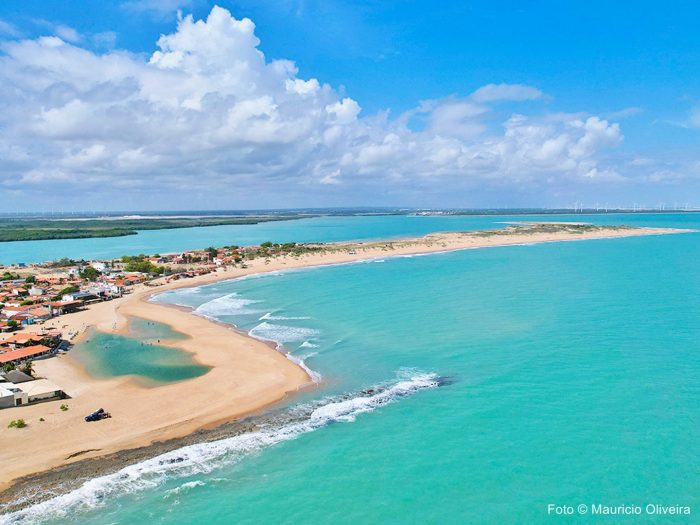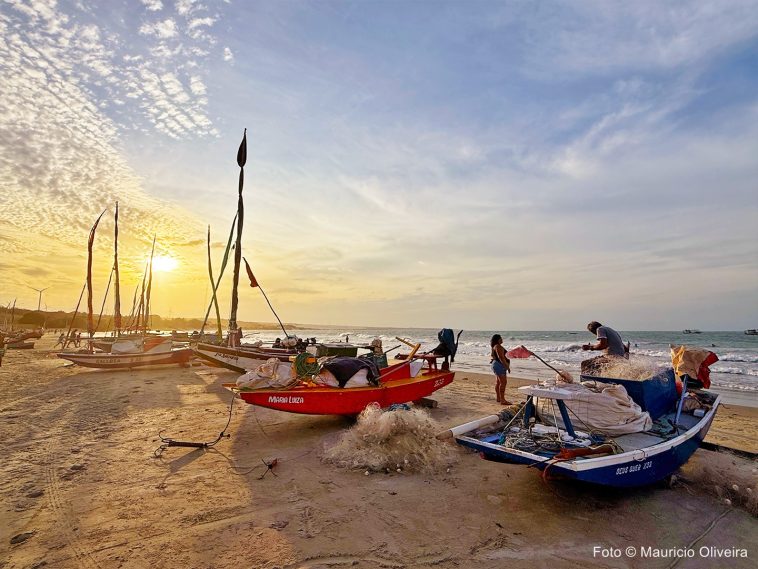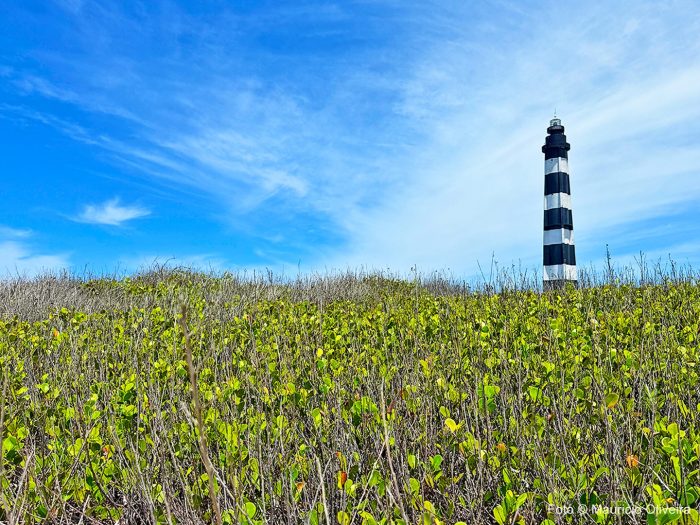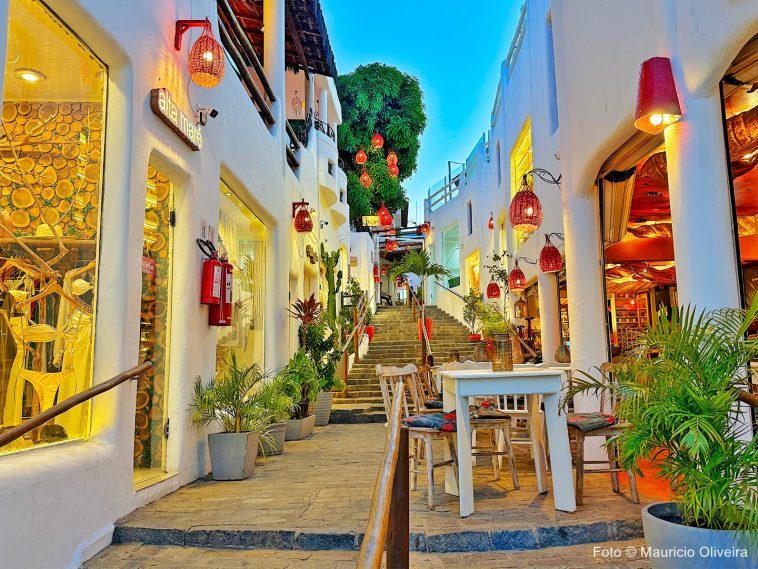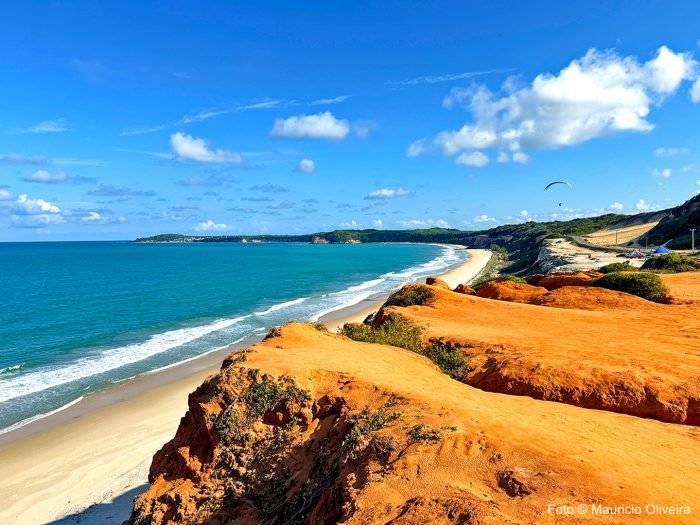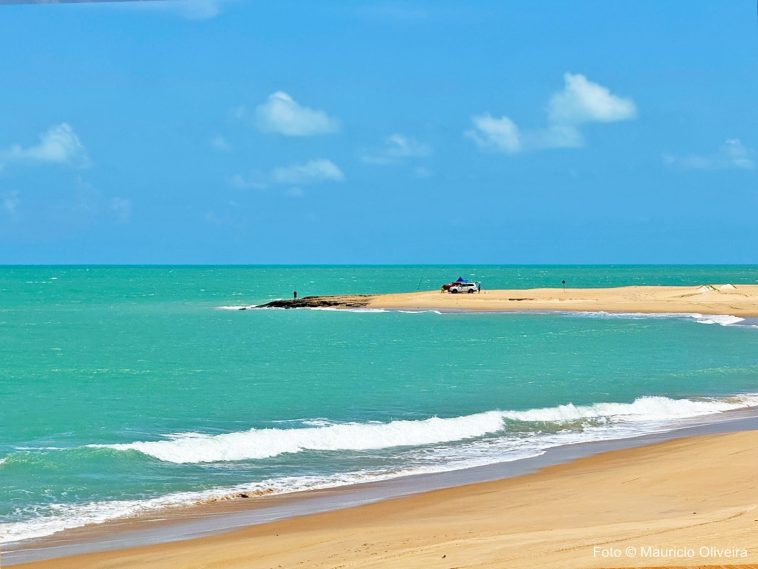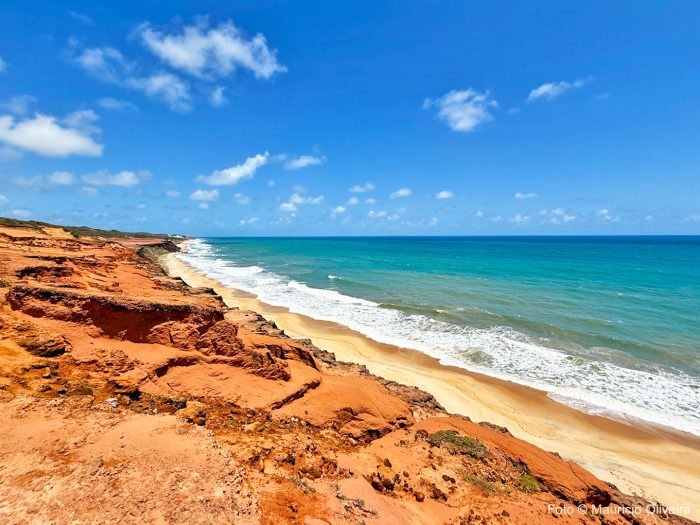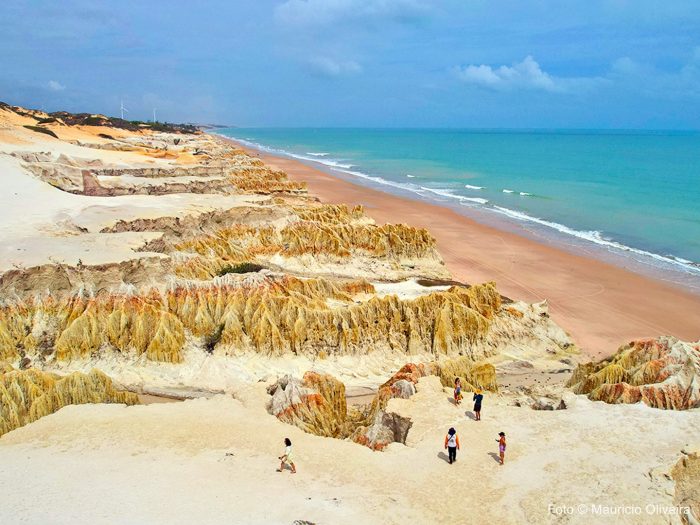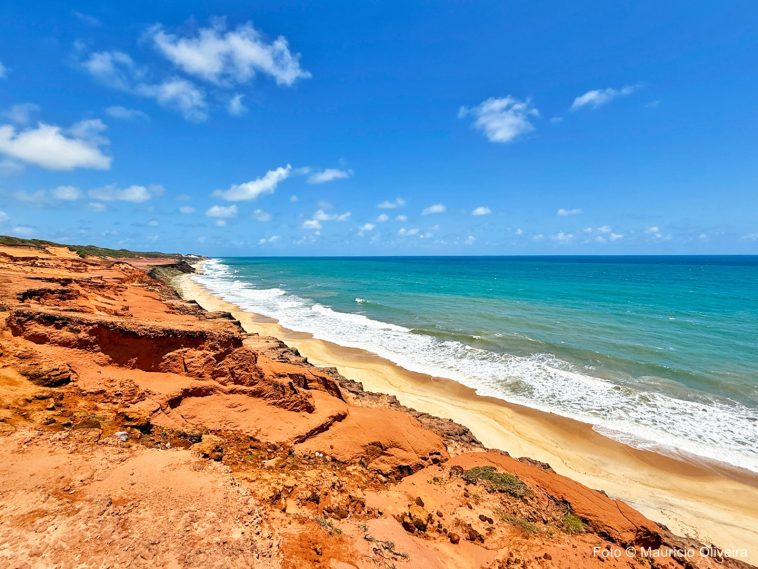For those of you who are eager to get out into the world, but also want to travel as eco-friendly as possible, Vagabond editors recommend 5 destinations to keep an eye out for during 2022. Have a safe journey!
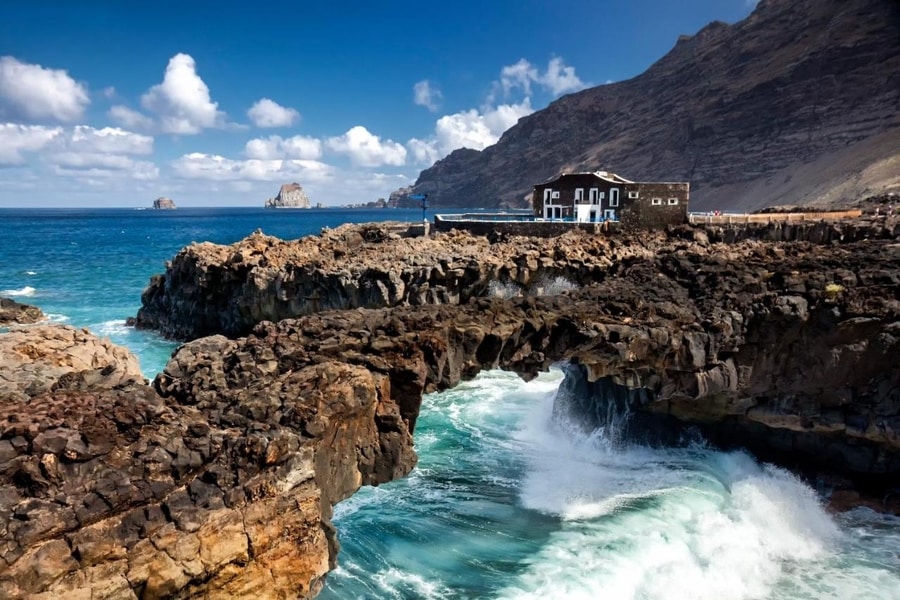
El Hierro, Canary Islands
A black island with green electricity
The small Canary Island of El Hierro lacks large-scale mass tourism. Tourism here is local and the houses are small. Here, restaurants serve locally grown and caught dishes. And here – instead of crowded beaches and teeming boardwalks – there are sparsely visited lava beaches, jagged black cliffs, natural sea pools and well-marked hiking trails through unspoiled forests with views for miles. The island has ambitions to soon become self-sufficient in green electricity with the help of wind turbines whose excess energy is stored in water tanks in a high-lying volcanic crater. On windless days, when the windmills are stopped, water flows through the turbines to generate electricity.
Sustainability advice: every Sunday morning, the town of La Frontera hosts an organic market with vegetables, fruit, bread and handicrafts. Originally started by environmentally conscious Germans who settled on the island. Now in the company of the natives of El Hierrobora.
West Frisian Islands, Netherlands
Beer mug with bicycle
On five small islands (Texel, Vlieland, Terschelling, Ameland, Schirmonikoog) in the north of the Netherlands, sustainability is the guiding light. With many different energy projects, sustainability projects, small-scale cultivation and production. Self-sufficiency is a collective goal. There are many boats to and from the islands from the mainland – and many boats between islands. Sparsely populated but welcoming. The best way to get around is the most environmentally friendly mode of transport: cycling. Yes, in Vlieland and Schirmonikoog, not even a car is allowed.
Sustainability advice: every summer since 2008 there has been a MadNes, which has been positioned as a “sustainable skateboarding, surfing and music festival”. Vegan food, wind-powered cinema, communal beach clean-up and lots of other fun for three days on Ameland.
Oslo, Norway
Neighboring city on the G
Oslo has become a trendy and innovative international capital in recent years. Several new hotels have recently opened and are well located close to Central Station. Even the newly built Deichmann Main Library is impressive and has quickly become a popular meeting place. Right next door is the new Munch Museum, perhaps the most anticipated opening in the city. Here you can enjoy world-class art in a new and exciting setting. If you want to enjoy a luxurious, climate-conscious dining experience, we recommend Rest, whose motto is “gourmet food on food waste”. Be sure to put Oslo on your list of travel destinations not to be missed!
Ecological tip: take the train! Takes about 5 hours from Stockholm and 3.5 hours from Gothenburg.
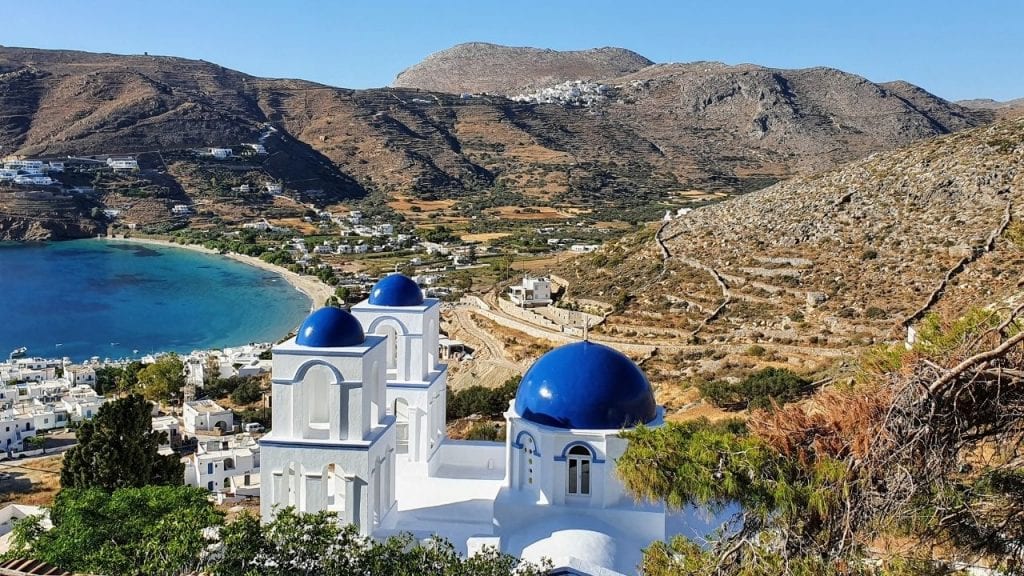
Amorgos, Greece
A small island
While Greek islands like Santorini and Mykonos are rampantly exploited by unscrupulous tourist companies, the island of Amorgos is still in harmony. The tourist economy here is exceptionally local. Almost all the money you spend stays here, even if you choose the most luxurious Aegialis Hotel & Spa because it too is family-owned from the island and managed with a wise ecological mindset. Sheep, goats, olives, grapes and fishing have long been the main industries. But now local tourism has taken over, helped by the iconic 1988 film The Blue Abyss and all the freedivers who followed it.
Tasteful tourism is small, with village restaurants cooking up local recipes (e.g. lentil mash fava ). You can find rented rooms in traditional white houses shaped like sugar cubes, which blend in nicely with the old buildings. And there are still traditional cafés and a lively cultural scene, with a cinema, a cultural school and folk music in the village pubs.
Environmental tip: Skip the fast Blue Star ferry and take the slow, local Skopelitis Express from Naxos. It doesn’t go fast, but the slowness saves diesel and produces less carbon dioxide emissions – so you have time to experience more on the trip there.
Marari Beach, Kerala
Cycling along the Coconut Coast
Kerala is the greenest, most beautiful and economically and socially just state in India. Health care and schools are better and women are more equal than in the rest of India. Meanwhile, coconut palms, tapioca groves, banyan trees and tea and spice bushes proliferate to the point of cracking, and the beaches are light and miles long. Mararikulam, or Marari beach, just south of the old colonial spice-trading town of Kochi, is relatively unused. Here you mingle with the locals, who live a daily life of rice-growing, sea fishing, bustling bazaars and church attendance (many here are Christian). One day you rent a bike and pedal along the coast. On the second day, you rent a canoe and paddle the rivers and lakes.
Sustainability tip: Stay at Heritage Marari, a local boutique hotel built in the traditional style. In addition to the amazing Keralite cuisine, there are dance performances and boat trips. You live more luxuriously at CGH Earth Marari Beach, which has a remarkable eco-friendly and sustainable holistic approach.
Financial news: FI warns of investment scammers
- Post Cycle Therapy: Three of the Most Effective PCT Methods Revealed
- Big travel trends of the future
- Yalnız bir mövsümdə necə əfsanəyə çevrilmək olar: Jurgen Klinsmannın Tottenhamdakı hekayəsi
- Are you lucky at roulette? So go on vacation with your family
- Qual é o motivo da popularidade do PVC Windows?



